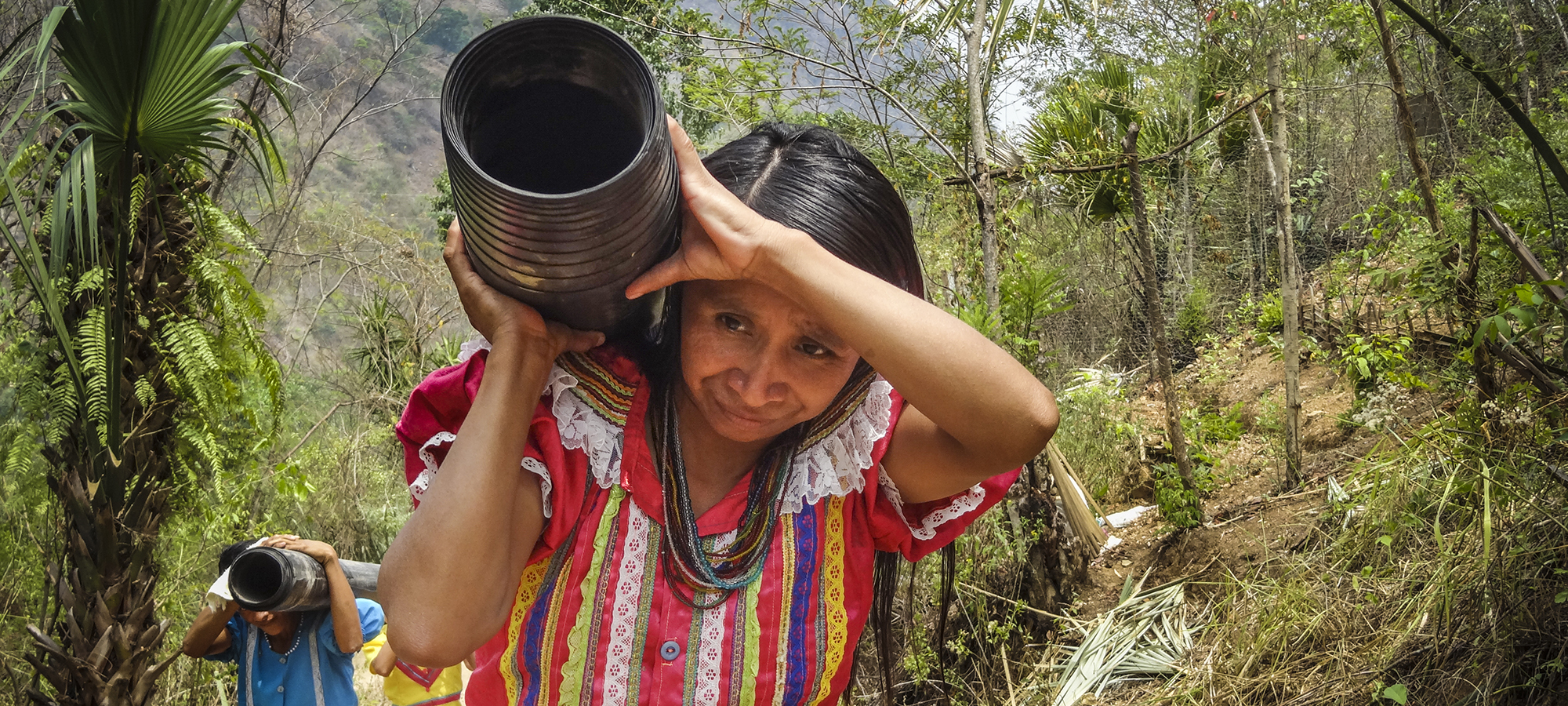
Women’s Empowerment
Project Harvest’s formation program aims to equip women with the capacity to know and exercise their rights through reflection and analysis. The program concentrates on identifying and strengthening leaders so that the groups of women they lead can articulate their own development projects and are able to represent women’s needs in the community.
Project Harvest cannot understate the importance of empowering RURAL WOMEN AND GIRLS. They are not only the most marginalized people in Guatemalan society but they also offer the most hope for the future once they are empowered. The following outlines the situation of rural women and girls worldwide. The challenges they face are the same ones rural and indigenous women face in Guatemala.
“Rural women assure food security for their communities, build climate resilience and strengthen economies. Yet, gender inequalities, such as discriminatory laws and social norms, combined with fast changing economic, technological and environmental landscape restrict their full potential, leaving them far behind men and their urban counterparts.
The following are some of these challenges and their consequences:
Labor: Agriculture remains the most important employment sector for women in developing countries and rural areas, a sector that largely falls within the informal economy with little or no social protection and labor rights.
Consequences: Lower standard of living, poorer wages and health; limited access to social services; restricted upward mobility; lack of collective voice and agency.
Land rights: Less than 13% of agricultural landholders are women.
Consequences: Less income security; less decision making power in households and communities; inability to access credit to start a business or improve agricultural productivity.
Reproductive Health: A rural women is 38% less likely to give birth with a health care worker than an urban woman in low income countries.
Consequences: Increased chances of life-threating complications, severe bleeding, infection and maternal mortality.
Water: Population with access to safe drinking in rural areas 20% in urban areas 68%. Women and girls are often responsible for fetching water in rural areas.
Consequences: barriers to education and employment; more unpaid domestic work; higher risk for material mortality and violence; psychological stress.
Child Marriage: A rural girl is 2X more likely to get married as a child than her urban counterpart in some Latin American, Caribbean and African countries.
Consequences: Barriers to education and employment; greater risks for intimate partner violence; early pregnancy; maternal complications; vulnerability to STDs, Including HIV.
Literacy: More than half of all poor rural women lack basic literacy skills.
Consequences: Barriers to employment and decision-making; lower income; lower quality jobs; increased health consequences; decreased individual and social well-being.
ICT: Most of the 3.9 billion people not connected to the internet tend to be poorer, less educated, and rural women and girls.
Consequences: Limited means of getting new skills, information and knowledge; decreased livelihoods, wellbeing and resilience; limited economic opportunities.
Empowering rural women and girls requires:
- Decent education and social protection
- Education and training
- Sustainable energy and technology
- Clean water and sanitation
- Eliminating violence and harmful practices
- Including women in decision-making and leadership
- Increasing women’s climate-resilience (UN WOMEN)
